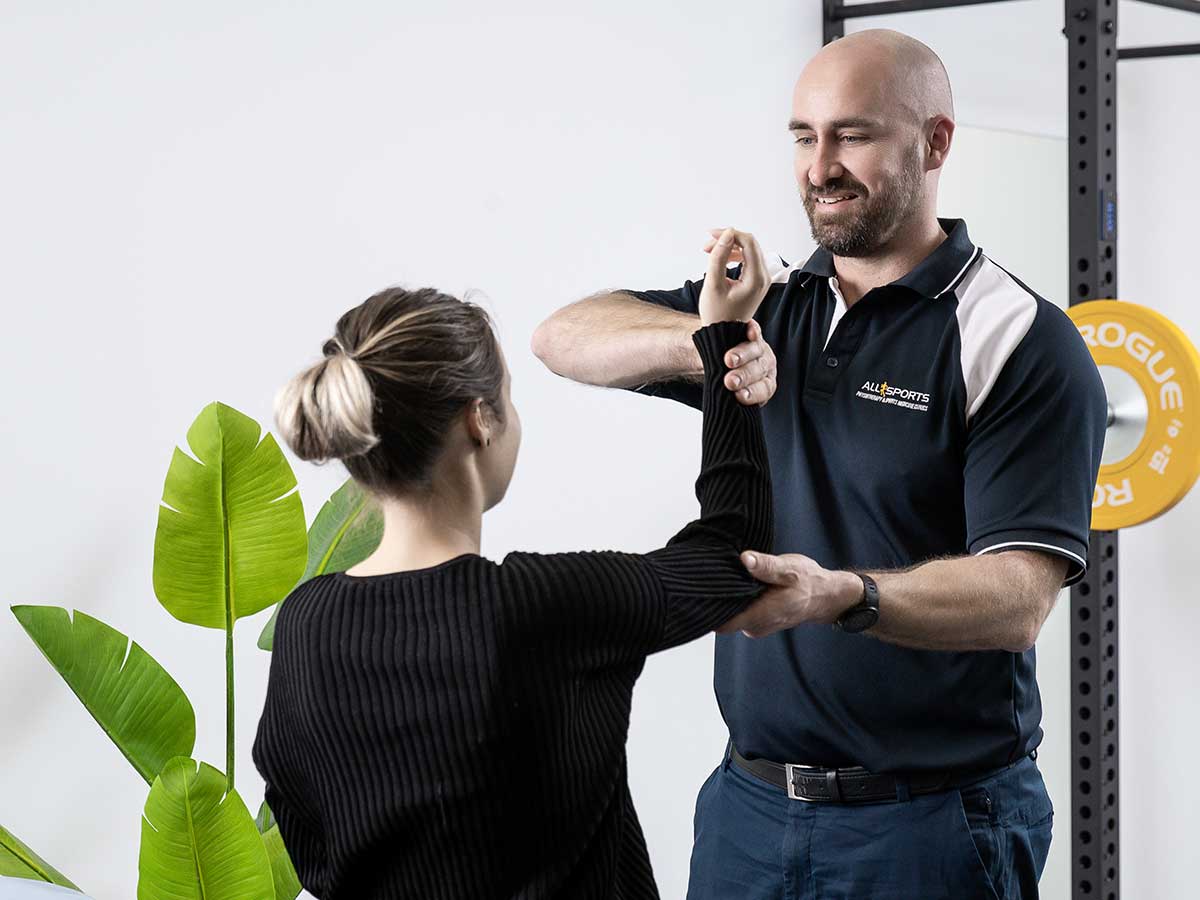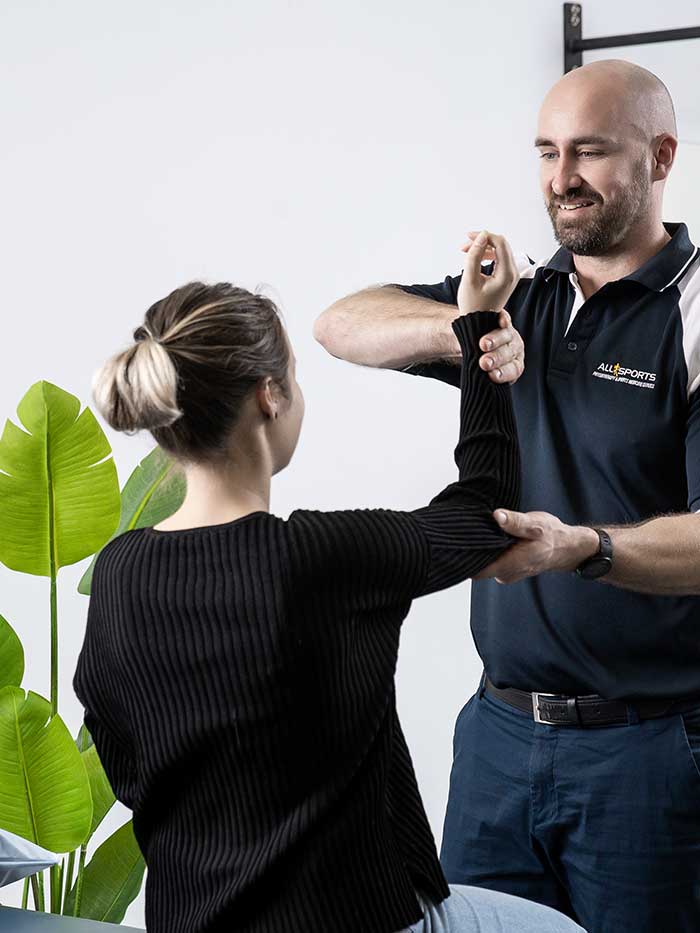
Individualised treatment is the heart of what we do.
Our physiotherapists use a multidisciplinary approach to offer individualised treatment for patients from all walks of life.
What is physiotherapy?
Physiotherapists are health professionals who can help you get the most out of life. Physiotherapists work with you to maintain and improve your health and wellness, reduce pain, recover from injury, increase mobility, and prevent further injury. Physiotherapists help people of all ages and all abilities.
A physiotherapist is a first contact practitioner. This means you do not need a referral to see a physiotherapist. Physiotherapists are trained to perform a thorough assessment, diagnose your condition where appropriate, help you understand your symptoms, and develop very specific treatment and rehabilitation programs to help you achieve your goals. In collaboration with you, your physiotherapist will develop an evidence-informed, individualised management plan which focuses on your rehabilitation as well as prevention of further injury.
What do physiotherapists treat and manage?
To ensure the best outcomes for all clients, physiotherapists use scientific evidence to inform their decision-making and offer treatment plans that are individualised. In some or many circumstances, this may include an interdisciplinary treatment approach.
Physiotherapists have a diverse and comprehensive knowledge of injury management and rehabilitation. Physiotherapists are trained in the following areas:
- musculoskeletal conditions
- sports injuries
- post-operative orthopaedic rehabilitation
- persistent pain
- occupational health
- women’s and men’s and pelvic health
- vestibular (dizziness) conditions
- paediatric related care
- neurological presentations
- cardiorespiratory and cardiovascular conditions

How can physiotherapists help me?
After gaining a thorough understanding of your particular concerns, physiotherapists can offer a wide range of treatment options to assist you to achieve your goals. Your treatment plan will take into account your lifestyle, general health, activities and goals. Some common treatment methods may include:
- Advice and education to understand your condition and how to manage it
- Biomechanical assessment of movement
- Mobilisation techniques to help reduce pain and improve mobility
- Motor control retraining to assist with pain and improving function
- Exercise prescription to improve pain, improve function, and prevent injury
- Dry needling
- Soft tissue techniques
- Electrotherapeutic and other devices such as shockwave, cryotherapy
- Prescription of mobility aides, orthotics and braces
